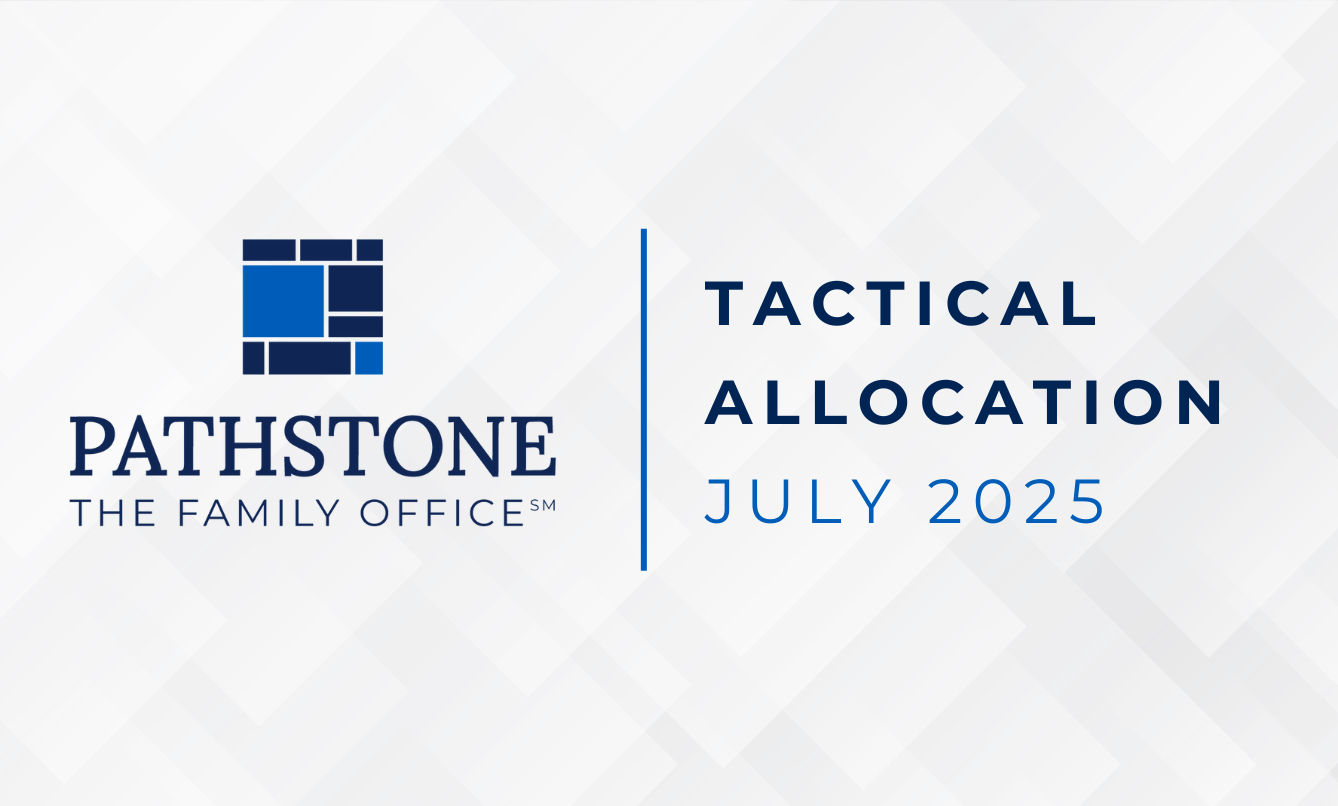Paths to Charitable Gifting
Families can sustain their legacy through charitable gifting of cash, personal time, and expertise, and appreciated securities. These gifts can be made directly to a charity, or through a more formal account structure such as a donor-advised fund (“DAF”) or a private foundation.
What can you gift?
1. Time and expertise
Individuals can give their time and expertise to charitable organizations. Volunteers are not compensated in a monetary form but are often rewarded by the delight that comes from “giving back” and making a difference in their community.
2. Cash
Families can strengthen their family legacy by gifting cash to causes and charities that align with their values. Cash gifting (including by check) is simple and can make sense for small gifts such as those less than the minimum grant size for those with a DAF (minimums range from $50-$500 depending on the DAF), or for slightly larger gifts for those without a DAF where gifting securities would entail too much complexity.
3. Appreciated Securities
By gifting appreciated securities to a charity, a donor receives a tax benefit based on the security’s fair market value on the date of donation, but only if the shares have been held for at least one year. If the shares belong to a private company, an appraisal or other determination of fair value is necessary. The deductible amount is the lesser of the cost basis of the shares or their fair market value if they have been held for less than one year. By gifting appreciated securities held longer than one year, the donor can exit the position without paying a tax on the gains in the security (the amount that fair market value is above the cost of security) since the gains are not “realized”. In addition, they will receive a tax benefit based on the fair market value of the appreciated securities gifted.
Where can you make the gift?
1. Directly to a charity
Families and their businesses can sustain or expand their legacy and values by giving directly to a charitable organization.
2. Charitable Vehicles: Donor Advised Funds and Private Foundations
Donor Advised Funds (DAFs) and Private Foundations are vehicles that a donor can use to pre-fund charitable giving that they would like to do in future years. The donors receive a charitable tax deduction in the year that they fund the vehicle, which then holds and invests the funds in a tax-advantaged account structure until the donor (or the donor’s family) is ready to make the distributions out of the vehicle for the benefit of the ultimate beneficiaries. Such vehicles frequently outlive their benefactors, allowing the donor’s family to continue their philanthropic legacy over their own lifetimes and strengthening family relationships through shared values that focus on causes that family members choose to support.
Donor Advised Funds (DAFs)
A Donor Advised Fund is a charitable account that is created and maintained by a public charity, which is called the sponsoring organization. Donors benefit by being able to give on their own timeline with a lower administrative burden than a private foundation.
Private Foundations
A private foundation is a 501(c)(3) organization set up solely for charitable purposes. Private foundations allow for more control than DAFs. They can have employees which can include family members and can engage in direct charitable activity not possible with DAFs, such as grants of scholarships directly to individuals. That said, they come with added complexity and administrative expense. Due to set-up and ongoing administrative costs, private foundations will typically not make sense for funding amounts below $5 million. They are required to gift at least 5% of their assets each year, and gifting and financial details of private foundations must be disclosed in annual reports, which are available to the public, whereas DAFs do not have gifting requirements and can be completely anonymous. Private foundations also have a lower deductibility cap, modest excise taxes on net investment income, and a loss of tax exemption status if the organization fails to meet regulatory requirements set by the IRS.
When choosing between a DAF and a private foundation, a donor must consider the amount of the donation, the gifting objectives, family involvement and desired public exposure.
Although beyond the scope of this article, a hybrid account structure, such as a Charitable Lead Trust or a Charitable Remainder Trust, might be well suited to a donor’s objectives. The advantages and disadvantages of these account structures should be discussed with advisors.
Note: Donors are encouraged to ensure their donations do not lead to unintended consequences. While the intent of a donation may be positive, it is important that such funds foster accountability, encourage the wise use of resources, support the development of talent, and provide pressure to reform inefficient policies and institutions. Donors should strive to avoid negative consequences that may reinforce the vicious cycle of poverty.
If you have any questions or would like to discuss your charitable gifting strategy, please contact us.
Please see the PDF version of this article for important citations and disclosures.








